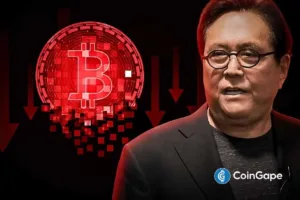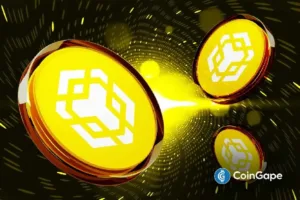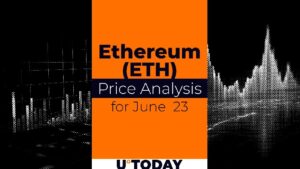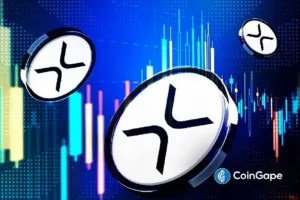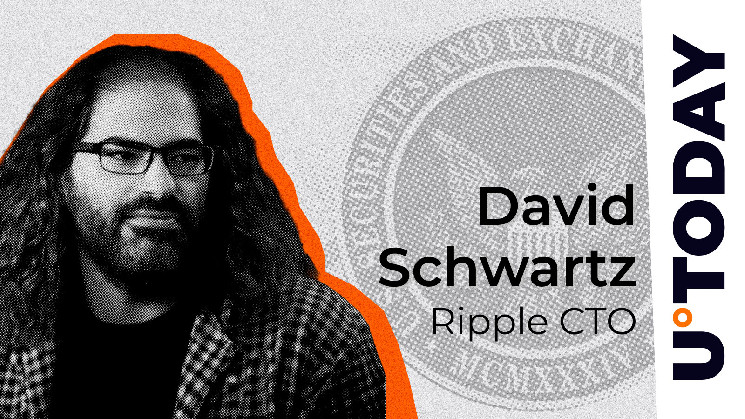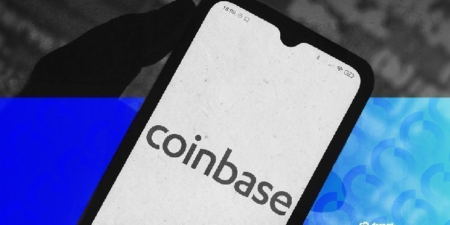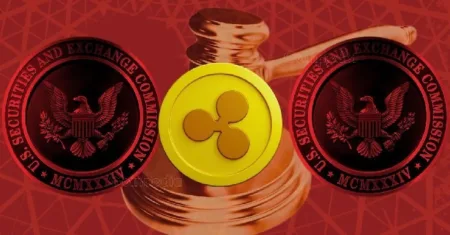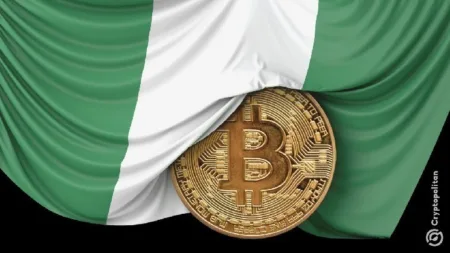David Schwartz, Chief Technology Officer (CTO) of Ripple Labs, has posed an interesting question to former SEC official John Reed Stark. The CTO’s inquiry focuses on the “securities” classification of some digital assets in blockchain.
Ripple CTO argument
Schwartz has questioned Stark as to why art from an emerging artist is not a security under the SEC’s interpretation of an “investment contract.”
He pointed out a similarity between crypto investments and emerging artists. According to him, money is invested, and a reasonable buyer anticipates making money off the artist’s later works. He claims this situation creates a market and raises demand for the artist’s early pieces.
Can you explain why art from an emerging artist isn’t a security under this interpretation? There’s an investment of money and a reasonable buyer expects to profit from later works of the artist creating both a market and increased demand for earlier works.
— David “JoelKatz” Schwartz (@JoelKatz) December 9, 2024
Notably, Schwartz’s comments respond to Stark’s post celebrating the SEC’s legal victories against crypto firms. Stark specifically pointed out an old U.S. court ruling against Terraform Labs. In this case, the SEC argued that four of Terraform’s crypto assets, UST, LUNA, wLUNA and MIR, are deemed securities because they are investment contracts.
Terraform, however, rejected the SEC’s claim that the crypto assets in question are investment contracts, citing undisputed facts. The firm asked the court to scrap the investment contract definition, deeming it “dicta” that is the product of statutory interpretation of a bygone era.
The court declined Terraform’s request. According to the court, Howey’s definition of “investment contract” was and remains a binding statement of the law, not dicta. The court added that UST, LUNA, wLUNA and MIR did not satisfy the three elements of the Howey test.
Comparison with Ripple v. SEC case
In its case against Ripple, the SEC argued that the firm offered XRP as an investment contract.
In July 2023, Judge Analisa Torres ruled that XRP, as a digital token, is not in and of itself a “contract, transaction, or scheme” that embodies the Howey requirements of an investment contract.
According to the judge, XRP sales to programmatic buyers did not constitute investment contracts and, thus, did not violate securities laws.
The SEC soon filed an appeal against the decision. According to a U.Today report, the U.S. Court of Appeals for the Second Circuit has directed the SEC to file its last arguments by Jan. 15. The court will assess motions to dismiss or proceed with portions of the case.
Read the full article here
